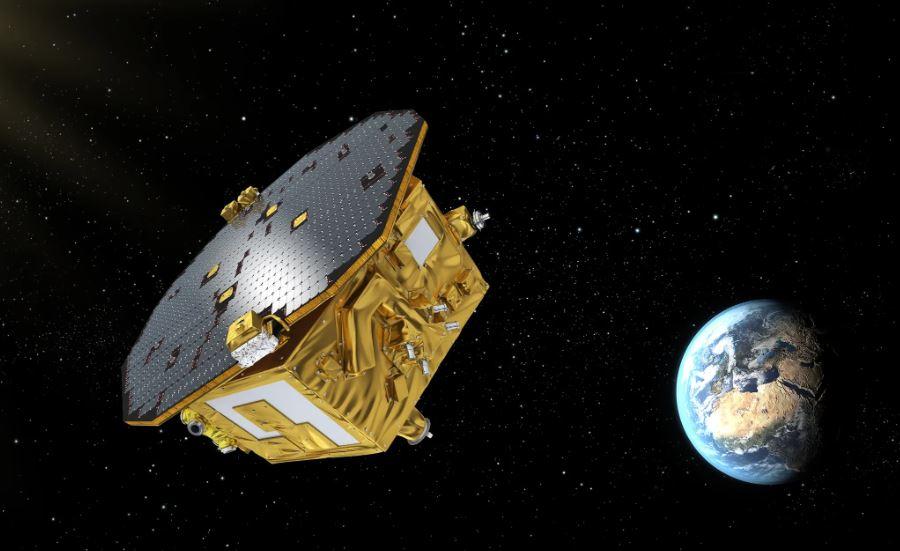European Space Agency Secures Record €22.1 Billion Budget, Accelerates Ambitious Space Programs
Author
NEPSE TRADING

The European Space Agency (ESA) has secured an unprecedented budget of €22.1 billion for its programs over the next three years, marking one of the largest financial commitments in the agency’s history. The decision was announced following a ministerial council meeting held in Bremen, Germany. This new budget exceeds the amount pledged by ESA’s 23 member states in 2022 by more than €5 billion—a milestone ESA Director General Josef Aschbacher described as “something never seen before.”
Prior to the meeting, experts had projected a budget of around €20 billion. However, the final commitment surpassed expectations, signaling Europe’s growing recognition of space as a rapidly expanding economic sector with increasing relevance for security, defense, and technological leadership. Aschbacher emphasized that space has become “an economic domain growing at tremendous speed,” and a field Europe must not fall behind in.
In its 50th year, ESA plans to strengthen coordination with various European Union bodies to advance major civilian space projects. The upcoming investment cycle includes expansion of satellite programs, development of independent launch capabilities, enhancement of scientific missions, and modernization of Europe’s space infrastructure.
The global space industry has undergone dramatic shifts in recent years, largely driven by the rise of private players such as Elon Musk’s SpaceX, whose dominance in launch services has reshaped competition. Europe has also faced challenges after Russia’s invasion of Ukraine in 2022, which effectively cut off access to Russian rockets—previously a key part of Europe’s launch strategy—leaving the continent with limited independent launch options.
Meanwhile, in the United States, concerns have grown about the future trajectory of space funding after President Donald Trump’s return to the White House and his administration’s plans to cut NASA’s budget. Despite this, NASA has reaffirmed support for the “Rosalind Franklin” Mars rover mission, aimed at searching for signs of ancient life on the Red Planet. The mission is expected to launch in 2028.
Analysts say ESA’s record budget represents a crucial step toward restoring Europe’s autonomous space capabilities, strengthening scientific research, and ensuring the continent remains competitive in a fast-evolving global space landscape.



